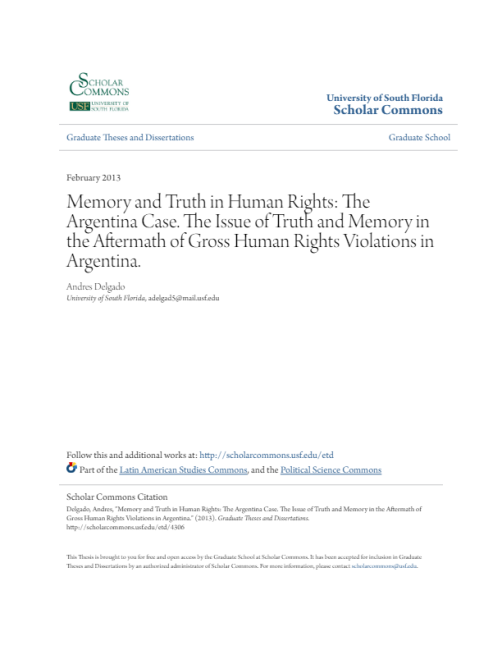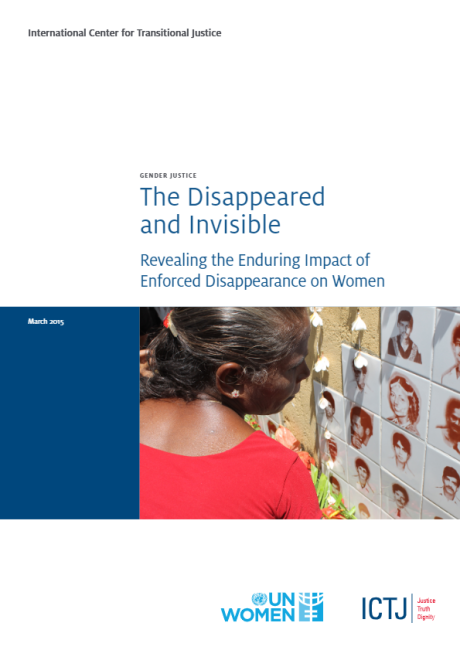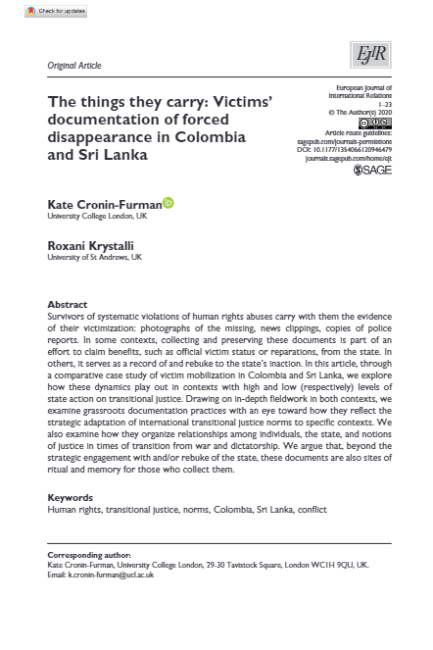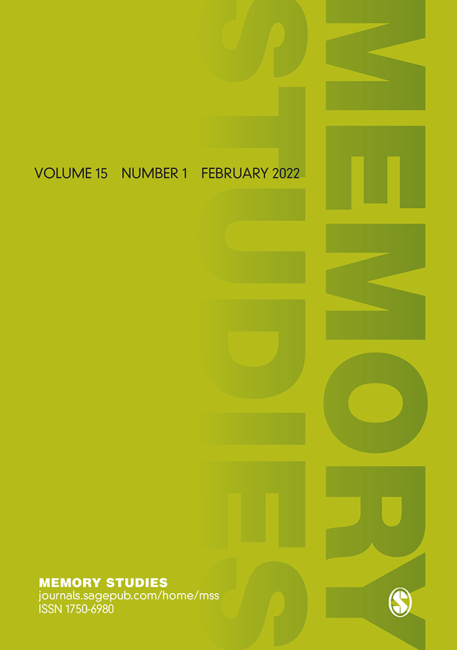
Between the Voices of the State and the Human Rights Movement: Never Again and the Memories of the Disappeared in Argentina
In December 1983, Argentine President Raúl Alfonsín created the "National Commission on the Disappeared" (CONADEP). The Commission investigated the fates of those who disappeared under the political repression in the country in the 70's. In 1984, the Commission published a report, Nunca Más (Never Again), in which it established that 8,960 persons, most of them left-wing political activists, had been disappeared. More than half a million copies of this report have been sold from 1984 to 2010. It has been translated into several languages, became an influential model for other reports developed by "Truth Commissions" in Latin America about human rights violations committed by dictatorships in the continent and had strong impact in the field of transitional justice policies. In this article, I analyze the narrative strategies of this report, paying particular attention to the categorization of historical actors that were involved in this violent past. I examine how the narrative of the report differs from other narratives offered by the State or by civil society about the period of political violence under the dictatorship and I explore how the report has had a long-lasting impact on how people in Argentina have conceptualized and remembered political violence under the dictatorship.







